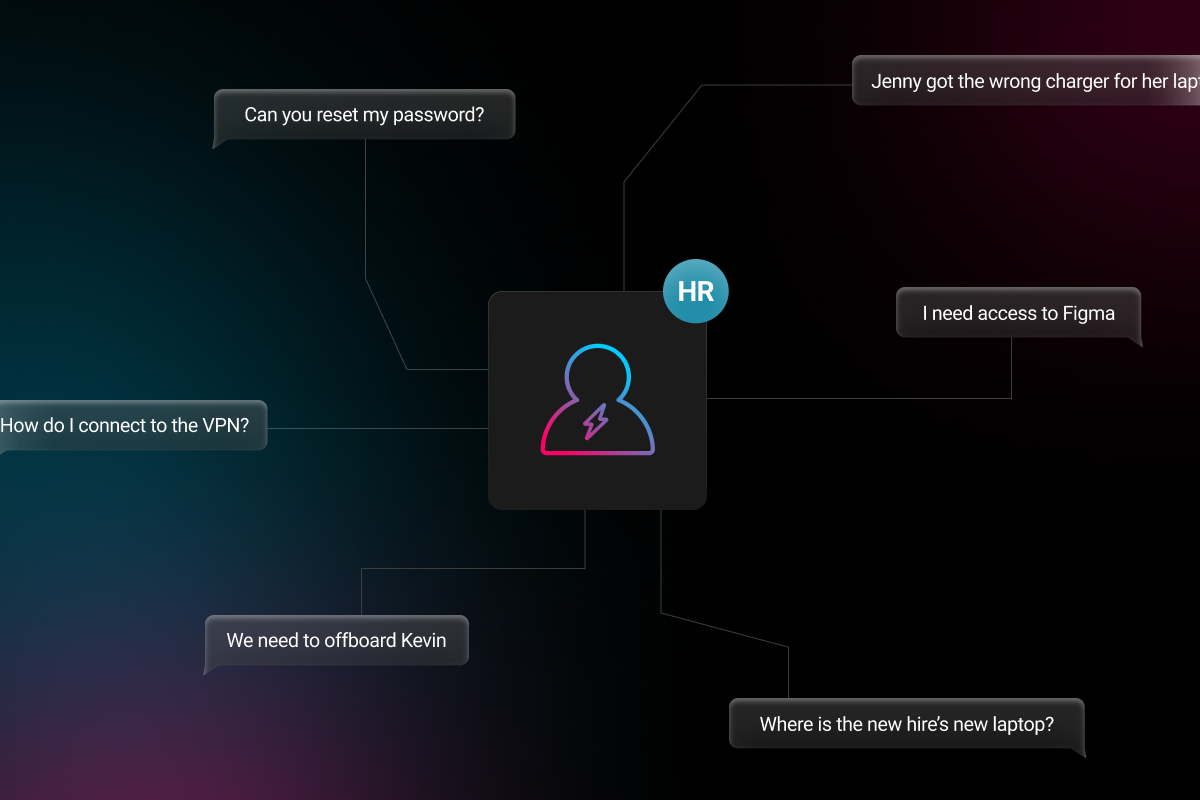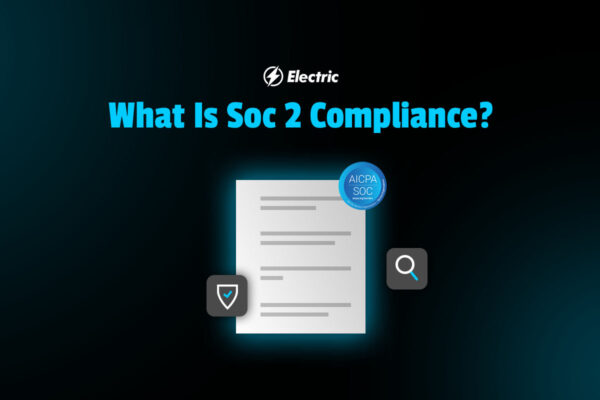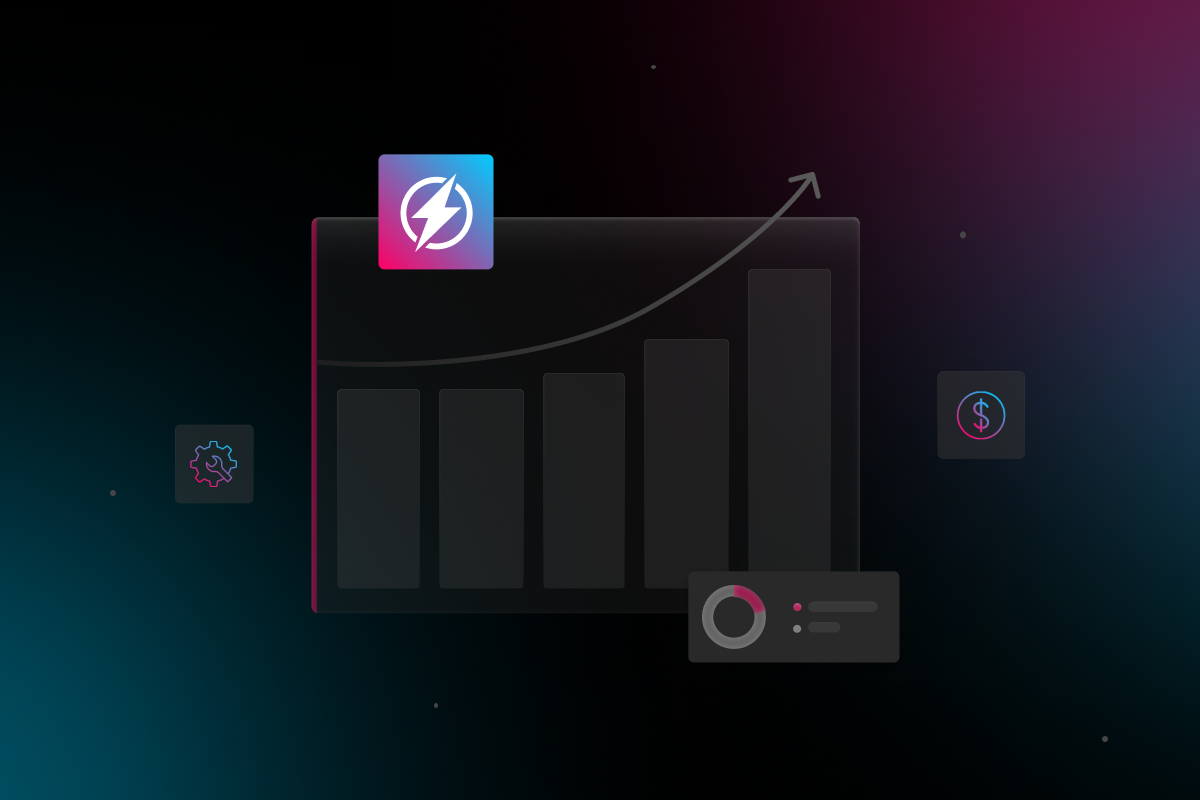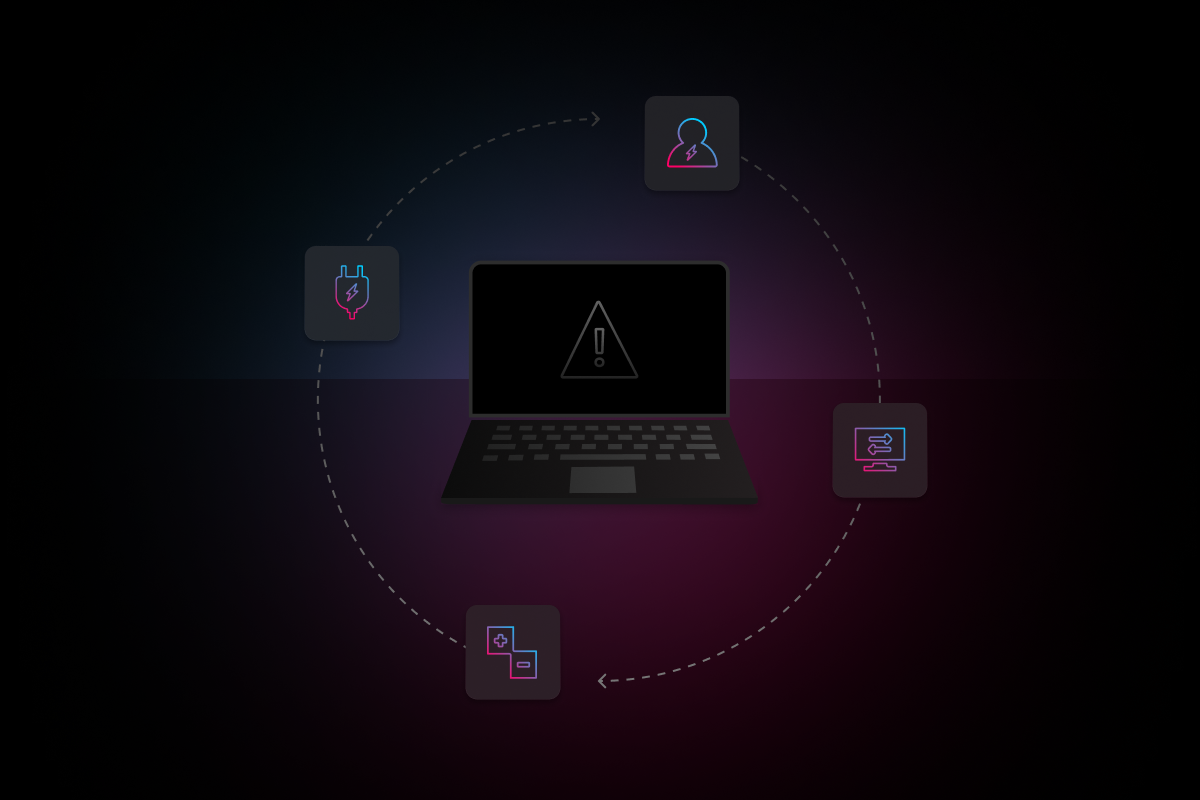
Information security is a cause for concern for most companies, including those that rely on third-party service providers like cloud-computing vendors and SaaS platforms. The reason is that mishandling data can expose an organization to malware, data theft, and extortion. That is where Service Organization Control (SOC) 2 compliance reports and audits come in handy.
Meeting SOC 2 compliance is an indication that your organization has the necessary controls and systems to protect your customers’ valuable data.
What Is SOC 2 Compliance?
SOC 2 compliance demonstrates to others that your organization is taking the proper steps to ensure customer data is secure. As discussed above, SOC 2 stands for Service Organization Control, and is one of the more common frameworks that technology companies follow. Although larger enterprises have long made SOC 2 a component of their compliance measures, this practice is being increasingly taken up by SMBs and startups as well.
Unlike GDPR or HIPAA, SOC 2 is not a law. However, because it is a standard that has been adopted by companies around the world, SOC 2 compliance can be a gauge of how seriously a company takes their privacy and security protocols.
SOC 2 places a demand on organizations to write and observe comprehensive information security procedures and policies.
How to Get SOC 2 Compliance
There are many components to achieving Soc 2 Compliance, now that you know what it is, here’s what you need to know to get Soc 2 Compliance.
What Are the 5 Trust Services Criteria of a SOC 2 Report?
As a component of the American Institute of CPAs (AICPA)’s Service Organization Control reporting platform, SOC 2 compliance focuses on ensuring that systems are in place for five Trust Services Criteria: assuring privacy, security, confidentiality, availability, and processing integrity of client data.
-
Privacy – It focuses on a company’s ability to safeguard personally identifiable information from unauthorized access. The data, in this case, is in the form of address, name, or social security details or such identifiers like health data, race, or ethnicity.
-
Security – Protects systems and information from intruders using such security infrastructures like two-factor authentication, firewalls, and other measures to keep your business safe.
-
Confidentiality – Verifies your organization’s ability to protect data that only authorized individuals should access. That includes confidential company data like intellectual property or business plans, information intended for company personnel only, or any other data that agreements, the law, contracts, and regulations require you to protect.
-
Availability – Assesses maintenance of information, infrastructure, or software and ascertains whether you have controls for operation, monitoring, and maintenance. Availability also confirms whether your firm checks and mitigates potential external threats and if it maintains minimally acceptable network performance levels.
-
Processing Integrity – Focuses on ensuring that your systems are free from accidental or unauthorized manipulation, error, omission, and delays and that their functioning is at optimum levels. That suggests that every data processing operation within your enterprise will be accurate, authorized, and complete.
What Is the Difference Between SOC 2 Type 1 vs SOC 2 Type 2?
A SOC 2 compliance audit must be conducted by a licensed CPA audit firm. There are two types of SOC 2 compliance that you’ll need to choose from.
SOC 2 Type 1: A SOC 2 Type 1 audit examines a company’s adherence to the Trust Services Criteria at a single point in time. It’s a way of saying, “On [fill in date here] XYZ company had all of the proper security controls in place.”
SOC 2 Type 2: A SOC 2 Type 2 compliance examination takes place over a longer period of time—usually six months. You will need to keep detailed records on how your security controls were operated and maintained over the entire period of time. Security experts generally recommend that companies choose SOC 2 Type 2 compliance because of its long-term benefit. It suggests that you see security as an ongoing process rather than a one-and-done or aspirational goal.
Who Is a Good Candidate for a SOC 2 Audit?
Technology-based service entities that store customer data in the cloud should have a SOC 2 audit. That implies that SOC 2 audits apply to any enterprise that stores client information in the cloud and every SaaS organization. SOC 2 is a common compliance requirement that technology-focused firms should meet.
Considerations Before Pursuing SOC 2 Certification
The aspects worth considering when evaluating how much you will pay for SOC 2 certification and the time it will take for you to get it are:
-
The availability and cost of hiring a SOC 2 auditor.
-
Your current compliance posture.
-
The complexity and size of your enterprise.
Even after addressing the issues above, understand that there is no price structure or timescale for when to expect your SOC 2 certification. Also, the fact that every firm has unique requirements implies that assuming that there is a cost-per-day estimate for certification will be overly simplistic. For that reason, SOC 2 compliance is more variable, unlike other information security standards with a consistent timeline for certification.
It is worth mentioning that completing your SOC 2 audit within a few weeks if you are well-prepared is possible. Other companies may spend more than 18 months trying to implement necessary controls.
Why Should SMBs Pursue SOC 2 Compliance?
It instills good habits
Whether or not your organization chooses to go through an entire SOC 2 audit, adhering to the TSC, will make your company safer. Small businesses are often the target of cyberattacks, so it seems wise to follow established protocols used by many large organizations.
It opens more opportunities
If you are pursuing vendor contracts with the government or large enterprises, it’s likely that you’ll need to prove how you’re taking measures to protect data. SOC 2 compliance is a standard way of showing that you have already done the work.
It’s easier to do as an SMB
Implementing new security protocols is much easier when you’re a small business. If you develop a security culture based on SOC 2 compliance early, you can scale it as your company grows.
We know that navigating the world of compliance can be a heavy lift for many SMBs and startups. Electric works with businesses to develop, document, and maintain compliance with common regulatory frameworks including SOC 2.
Protecting your company data in today’s world is not an option, and you can achieve that by getting the SOC 2 report that confirms that your establishment is compliant. Contact Electric to learn more.



